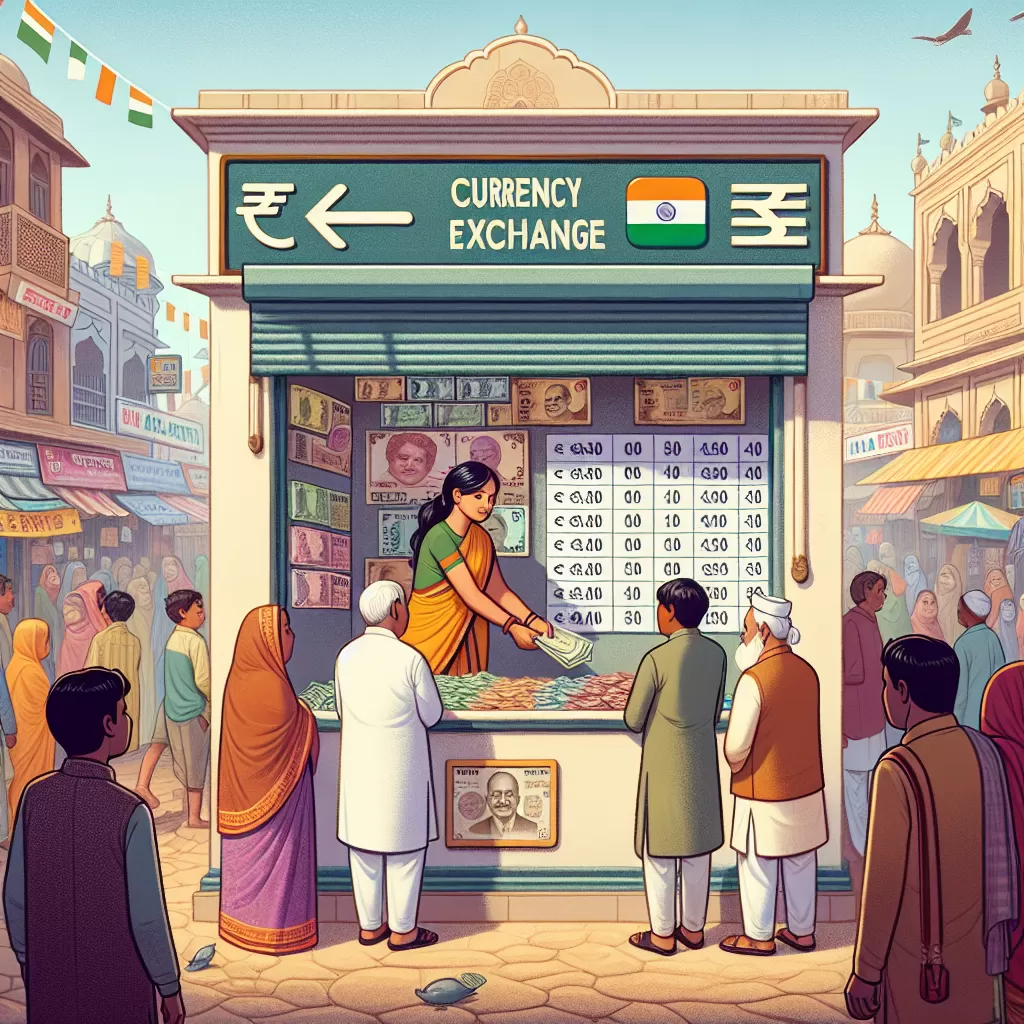How To Exchange Currency In India
Follow Currency Mart April 10, 2024
Where to purchase Foreign Currencies?

How to Exchange Currency in India: A Comprehensive Guide
Introduction
As the Guardian of Currency Exchange, I provide a detailed guide on how to trade currency in India, covering several options available, along with their pros and cons. India is a country marked by a vibrant economy, bustling marketplaces, and a dynamic foreign exchange market. Whether you are a local planning a trip abroad, or a visitor exploring India's incredible diversity, understanding how to navigate this complex financial landscape is essential.Using Banks for Currency Exchange
Banks are the traditional and perhaps the most trusted method for currency exchange in India. Major banks like the State Bank of India, HDFC, ICICI, and others offer competitive exchange rates. They typically offer various services such as physical currency exchange, forex cards, and international wire transfers. The safety and convenience provided by banks come at a cost as they usually charge higher fees compared to other exchange platforms. Ensure you compare rates and fees across multiple banks.Online Currency Exchange Platforms
The rise of digital technology has brought with it the evolution of online currency exchange platforms. These platforms like BookMyForex, ExTravelMoney, and BuyForexOnline allow exchange of currencies right from the comfort of your home. They offer competitive rates, door delivery, and the convenience of transacting anytime, anywhere. However, users should be aware of their service charges and delivery fees, as well as the credibility of these platforms.Money Changers and Bureaus
Money changers or foreign exchange bureaus are another practical option. You can find these money changers in major cities, airports, and popular tourist destinations. Rates can be negotiable, particularly for larger amounts, and service is often quick. However, safety could be a concern, and rates could be less favorable than banks or online platforms, especially at locations with a captive market like airports.Prepaid Forex Cards
Prepaid Forex Cards have emerged as a safe, cost-effective and convenient method for carrying foreign currency while travelling abroad. Offered by banks and authorized money changers, these cards can be loaded with the required currency and used like debit or credit cards. The exchange rate is fixed at the time of loading, protecting against rate fluctuations. Fees vary, so shop around for the best deal.Using International Debit/Credit Cards
International debit or credit cards are a convenient means of accessing money abroad. However, exchange rates can be less favorable, and each transaction may be subject to foreign transaction fees, making this option potentially expensive.Peer-to-Peer (P2P) Currency Exchange
P2P currency exchange platforms allow individuals to trade currencies with each other. Platforms such as CurrencyFair and TransferWise can offer lower rates and lesser charges, but they are dependent on the availability of matching trades and can be slightly slower.Traveler's Cheques
Traveler's Cheques were once a staple for global travelers. Today, they are much less popular due to the convenience offered by digital platforms and credit/debit cards. They are still honored by most banks and some hotels or stores, but service fees can be high, and cashing them can be inconvenient.Conclusion
Navigating the world of currency exchange in India can at first appear daunting, but an understanding of the many methods available can soon dispel any concerns. From traditional banking services and Forex cards to modern online platforms, each option comes with its own advantages and disadvantages. Don't forget that exchange rates and charges should always be scrutinized, no matter the chosen method. Happy travelling and happy exchanges!
Where to purchase Foreign Currencies?